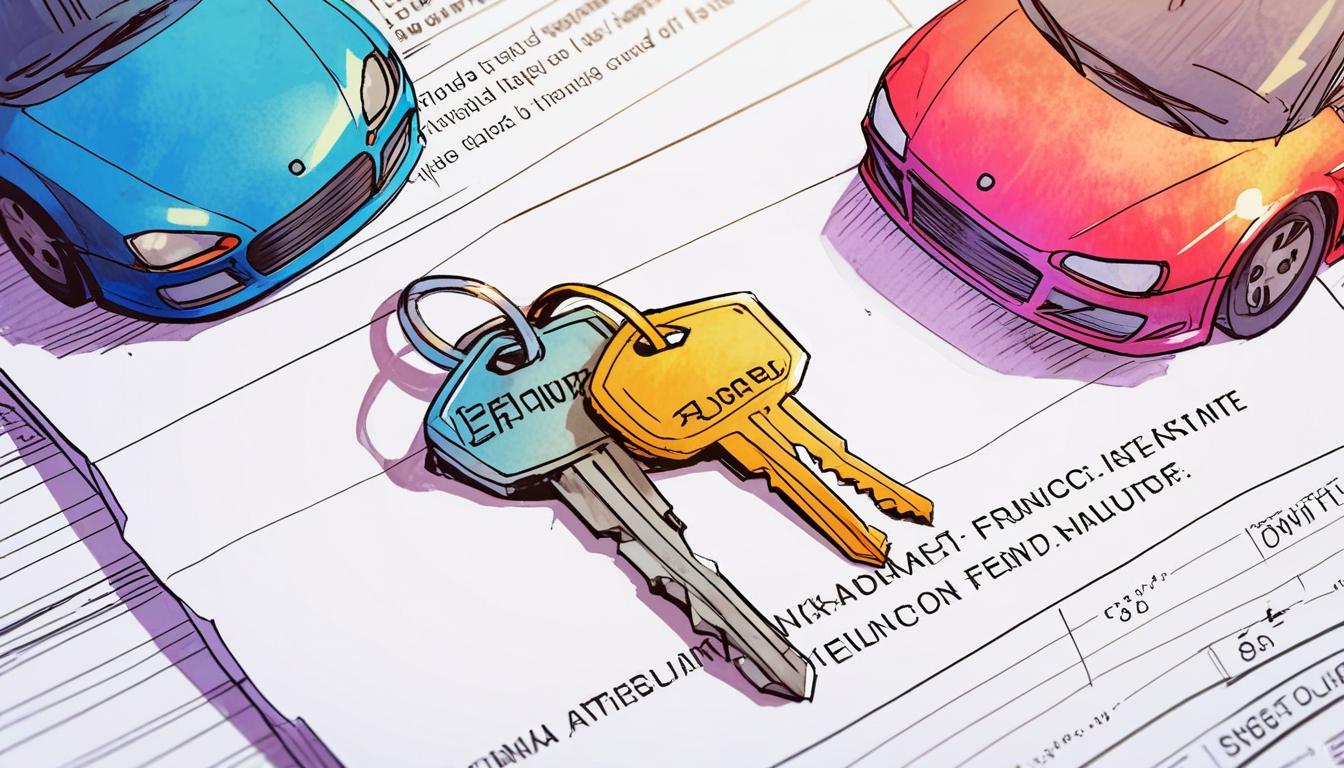Amid the evolving landscape of the UK car finance industry, a significant potential windfall awaits consumers who may have been unjustly charged over the past 14 years. My Claim Group, an organisation dedicated to assisting those affected, reports a surge in inquiries from drivers believing they are owed refunds for car finance agreements entered into between 2007 and 2021. This influx of claims comes in the wake of a pivotal court case that stands to reshape the financial responsibilities of car finance providers.
At the heart of this issue is an important ruling from the Court of Appeal, which deemed all car finance agreements containing hidden commissions to be unlawful. This decision has significantly widened the net of potential claimants; if upheld by the Supreme Court, it could result in refunds amounting to tens of billions of pounds. Following a hearing on April 1, the Supreme Court's judgment is highly anticipated, with expectations that it may be expedited due to the case's implications on a vast number of consumers.
Two key factors are under scrutiny: Discretionary Commission Arrangements (DCAs) and Commission Disclosure complaints. Approximately 40% of all car finance agreements made between 2007 and 2021 involve DCAs, which allowed brokers and dealers to inflate interest rates without clear disclosure. This practice, chiefly aimed at boosting commissions, has come under increasing scrutiny. Meanwhile, the broader issue of commission disclosure, affecting nearly all car finance arrangements, means that up to 99% of individuals who entered into car finance deals during this period could potentially be entitled to compensation.
The ramifications of the Supreme Court's ruling will dictate the path forward for drivers affected by these unlawful practices. Should the Supreme Court uphold the Court of Appeal's decision, the Financial Conduct Authority (FCA) has pledged to implement a robust framework detailing the compensation process within weeks of the judgment. Experts estimate that up to £10 billion could be reserved for refunds if the ruling is upheld. Conversely, if the ruling is overturned, while the number of eligible claims would decrease significantly, a substantial financial liability would still remain, amounting to billions.
As these legal proceedings unfold, it remains critical for affected consumers to lodge claims proactively. This is particularly relevant for those who may have moved residences or changed contact information since their agreement, ensuring they are included in any outreach from lenders regarding refunds.
Underpinning all this is the response from financial institutions, particularly as providers like Lloyds Banking Group establish provisions to mitigate the costs associated with potential claims. Notably, Lloyds has allocated £450 million for this purpose, although analysts remain sceptical about the sufficiency of this figure given the broad scope of potential liabilities, which could extend to £2 billion or more.
Further complications have emerged for other industry players, such as Volkswagen Financial Services, recently penalised by the FCA for mishandling customer distress cases. With a £5.4 million fine and a commitment to compensate over £21 million to affected customers, the incident underscores a growing scrutiny over automotive financial practices and consumer rights.
As we await the Supreme Court's decision, the government and regulatory bodies are poised to address the concerns at hand. With the FCA preparing to consider an industry-wide redress scheme aimed at simplifying compensation processes, the car finance landscape may witness a significant overhaul that prioritises transparency and fairness for consumers.
Ultimately, the coming months are set to be pivotal for the UK car finance sector, with drivers holding their breath for what could be a transformative shift in their financial obligations.
Reference Map
Source: Noah Wire Services
